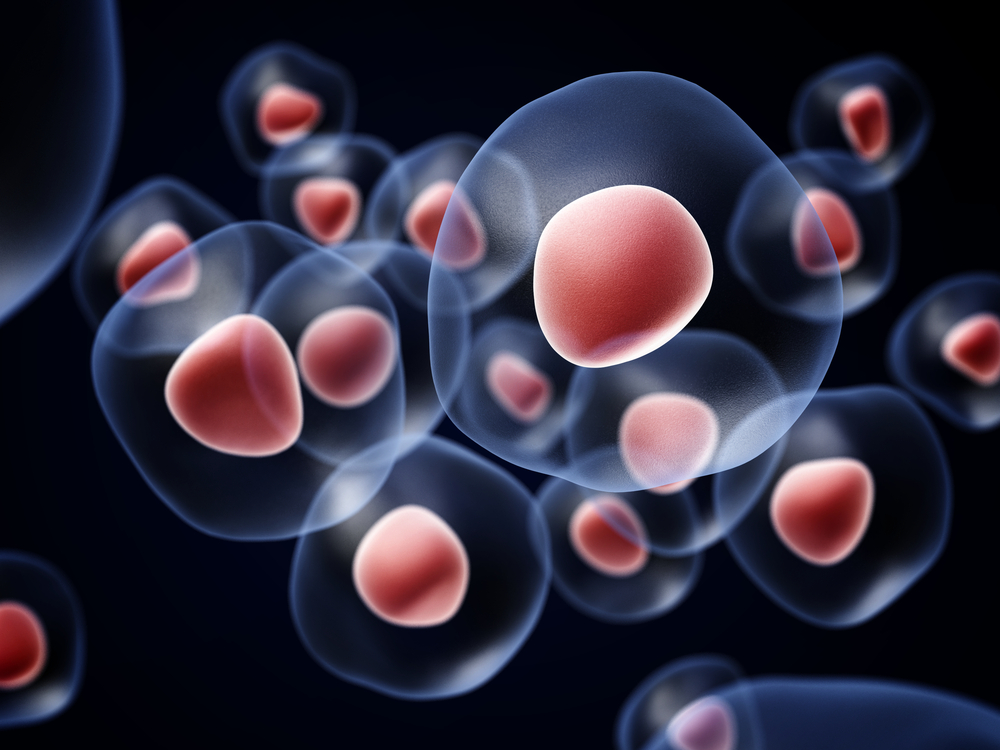ALS Stem Cell Therapy Shows Safety and Efficacy in Early Clinical Trials

Biopharmaceutical company Neuralstem presented new and potentially promising results from its clinical investigations of NSI-566 — human spinal cord-derived neural stem cells for the treatment of conditions including amyotrophic lateral sclerosis (ALS) — at the recent Phacilitate Cell & Gene Therapy World conference in Washington, D.C.
Karl Johe, the company’s chairman and chief scientific officer, reported that two clinical trials of NSI-566 in a total of 30 ALS patients have been completed and met safety endpoints. NSI-566 is also currently in a Phase 1 trial for treating paralysis due to chronic spinal cord injury, as well as in a Phase 1 trial to treat paralysis from ischemic stroke.
The presentation emphasized the treatment’s consistently demonstrated biological activity and several modes of beneficial actions, such as motor neuron rescue, motor improvement, and neuronal integration of the stem cells. The data presented originated from both human and animal studies.
To date, NSI-566 cells have been administered to 40 patients across four investigational safety trials. The dosing ranges are between 1.2 million to 24 million cells per patient, and the treatment has shown a high safety profile, with both Neuralstem and collaborators at research institutions stating that data support the treatment’s further clinical development in all three indications.
“The consistent biological activity of motor improvement by NSI-566 across multiple disease conditions in humans supports our regenerative hypothesis and is consistent with our preclinical data,” Dr. Johe said in a press release. “Based on these encouraging results, we are preparing to conduct additional clinical trials in each of these incurable neurodegenerative indications.”
Data from both the Phase 1 and Phase 2 ALS trials showed that patients improved on multiple levels, including better lung capacity and muscle strength, and experienced slower ALS progression. Phase 2 results also revealed that more than half of the patients had a reduction in the ALS Functional Rating Scale (ALSFRS) decline compared to historical data. The remaining patients — most exhibiting very low grip strength at the study’s start — did not experience a change in their rate of decline.
Neuralstem said that it intends to limit the next ALS trial of NSI-566 to patients with enough muscle strength to potentially benefit from the therapy.






